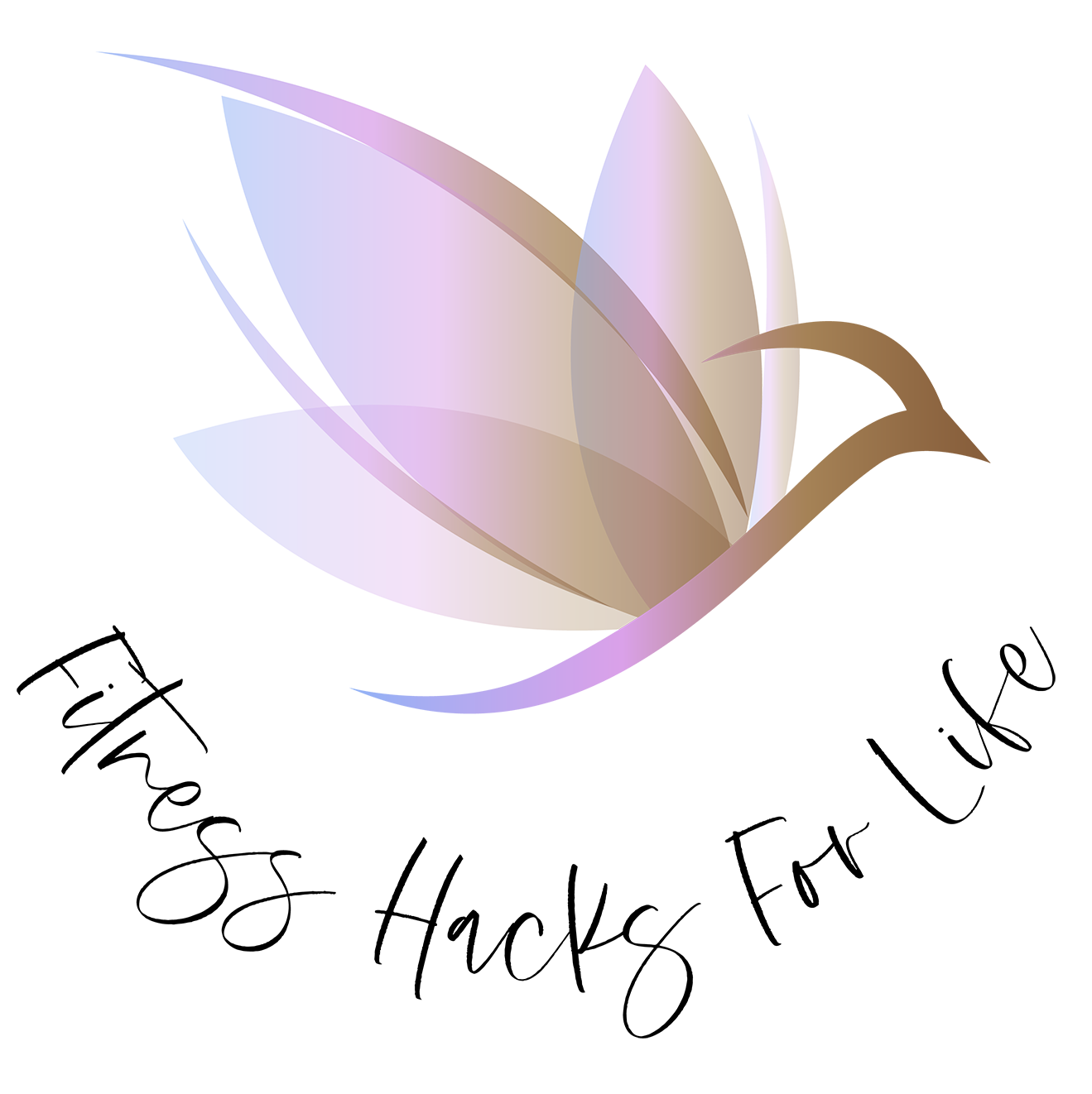In an era defined by rapid change and hidden pressures, embracing mental health as a vital aspect of life is crucial for personal and collective growth. Dedicated spaces such as Fitness Hacks for Life and its engagement hub provide essential gateways to this vital work. These platforms reflect a heartfelt pledge: We’re committed to enhancing mental health with accessible, compassionate care, dismantling stigma, providing resources, and fostering a supportive community where people feel heard, supported, and empowered. Through active participation, users discover pathways that transform challenges into opportunities for profound self-discovery and connection.
The empowered mental health journey begins with recognizing that healing is not a destination but a dynamic process of growth and adaptation. This journey invites individuals to step into their own narrative, armed with intention and grace. Far from a linear path, it acknowledges the ebbs and flows of emotional tides, encouraging milestones like setting boundaries or celebrating small victories over doubt. Personal empowerment emerges when one shifts from victimhood to authorship, perhaps through reflective practices that uncover hidden strengths. Research shows that those who actively engage in their mental health journey report higher levels of satisfaction and purpose, as they learn to navigate triggers with wisdom rather than reaction. This empowerment fosters a sense of agency, turning potential roadblocks into stepping stones toward a more vibrant existence.
When immediate threats arise, the crisis mental health hotline emerges as a beacon of urgent, unwavering aid. These lifelines operate around the clock, offering confidential conversations with trained listeners who specialize in de-escalation and guidance. In moments of overwhelming despair or acute panic, dialing a crisis mental health hotline can bridge the gap between isolation and intervention, often preventing escalation to emergency services. For example, services like the 988 Lifeline in the U.S. have handled millions of calls, proving their role in immediate stabilization. Beyond the call itself, follow-up resources ensure continuity, linking callers to local therapists or peer networks. The hotline’s power lies in its immediacy and non-judgmental stance, reminding those in crisis that help is just a ring away, and no burden is too heavy to share.
Complementing these rapid responses are mental health empowerment tools, versatile instruments designed to build lasting inner fortitude. These tools span digital and analog formats, from guided meditation apps that cultivate mindfulness to printable worksheets for tracking mood patterns. Empowerment through such resources demystifies self-management, teaching users to identify early warning signs like irritability or withdrawal before they intensify. Interactive elements, such as customizable affirmation trackers or virtual reality exposure therapy simulations, make these tools engaging and adaptable. Studies highlight their efficacy: Regular use of mental health empowerment tools correlates with a 30 percent drop in anxiety symptoms over three months. By equipping individuals with practical skills, these aids promote proactive wellness, reducing reliance on crisis interventions and enhancing everyday resilience.
No aspect of mental health thrives in solitude; the community-driven mental health model underscores the transformative force of shared humanity. This approach harnesses collective wisdom, where diverse voices converge to co-create solutions that resonate universally. Community-driven initiatives might include virtual town halls on burnout prevention or grassroots campaigns against workplace stigma, all fueled by participant input. In these ecosystems, stories of triumph and trial intermingle, forging bonds that extend beyond screens into real-world solidarity. The benefits are tangible: Participants in community-driven mental health efforts often experience lower depression rates and stronger social ties, as mutual encouragement amplifies individual efforts. This model democratizes expertise, valuing lived experiences alongside professional insights to craft inclusive strategies that honor cultural nuances and personal contexts.
Integrating these elements creates a holistic framework for mental well-being. The empowered mental health journey gains momentum with crisis mental health hotlines as safety nets, mental health empowerment tools as daily allies, and community-driven mental health as the nurturing soil. Together, they address root causes while honoring immediate needs, cultivating environments where vulnerability fuels strength. Platforms championing this integrated vision serve as catalysts, inviting users to explore resources that align with their unique rhythms.
Consider the ripple effects: A single hotline call might inspire a journaling habit via an empowerment tool, which in turn sparks involvement in a community forum. Such synergies dismantle the isolation stigma perpetuates, replacing it with narratives of collective uplift. As global awareness grows, with organizations reporting a surge in help-seeking behaviors post-pandemic, the demand for these interconnected supports intensifies. Yet, accessibility remains paramount, ensuring tools and communities reflect the world’s diversity, from urban youth to rural elders.
Ultimately, committing to this ecosystem is an act of radical self-kindness and communal solidarity. It challenges the outdated view of mental health as a solo endeavor, affirming instead that our journeys intertwine for mutual elevation. By leveraging hotlines for stability, tools for skill-building, and communities for connection, we not only survive but flourish. The invitation stands: Dive into these resources, share your voice, and witness how one empowered step ignites a chain of compassionate change. In this shared pursuit, stigma fades, resources abound, and empowerment becomes the norm.


Leave a Reply